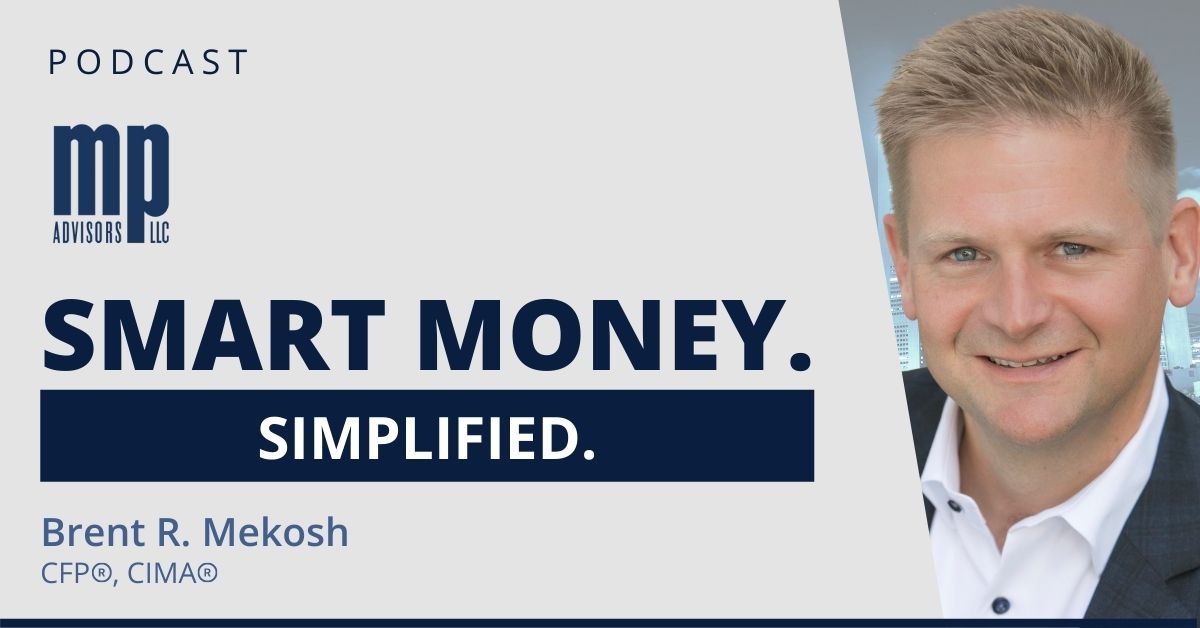
Cracking the Permian Code: Oil’s Ground Zero with David Messler (Ep. 57)
Ever wondered how shale technology is reshaping oil production?
Are you intrigued about the economic impact on oil companies?
Get ready to explore this and more in this week’s episode of SMART MONEY. SIMPLIFIED with David Messler, an oil industry veteran with a 38-year career.
This week, David covers the current state of the oil industry, focusing on the Permian Basin and the impact of shale technology on oil production. David also shares his insight on the changes within the arena while shedding light on what the future holds for oil and alternative energy sources.
David explores:
- The current state of the industry and how it will likely change
- How oil production has evolved over the years
- How the geopolitical landscape impacts oil production
- What alternative energy sources are most viable for the future
- And more!
Resources:
Connect with David Messler:
Connect with Brent Mekosh:
About Our Guest:
David Messler is an oilfield veteran who recently retired from a major service company. During his thirty-eight-year career, David worked in six continents (field and office assignments). He currently maintains an independent training and consulting practice while writing energy-related topics.
Podcast: Play in new window | Download | Embed